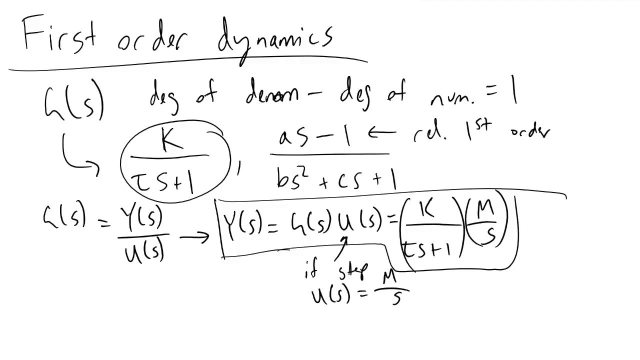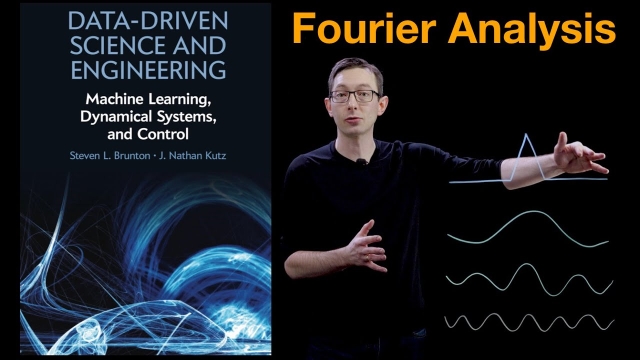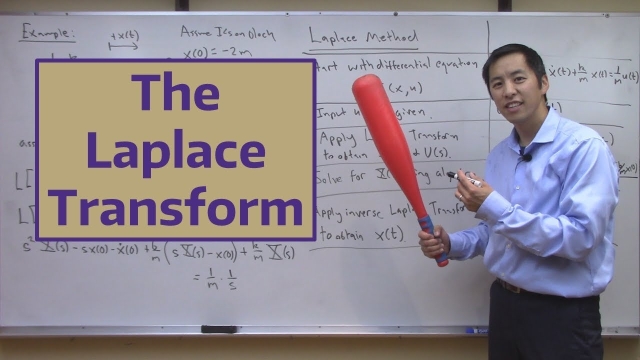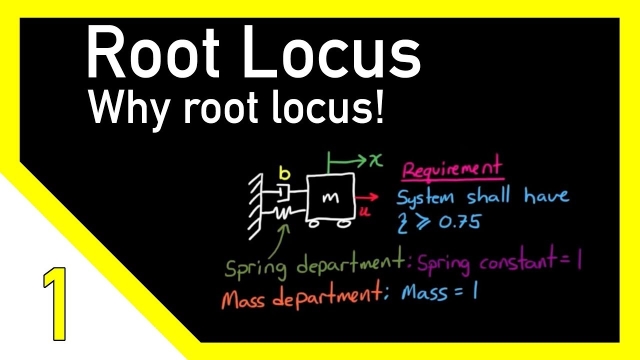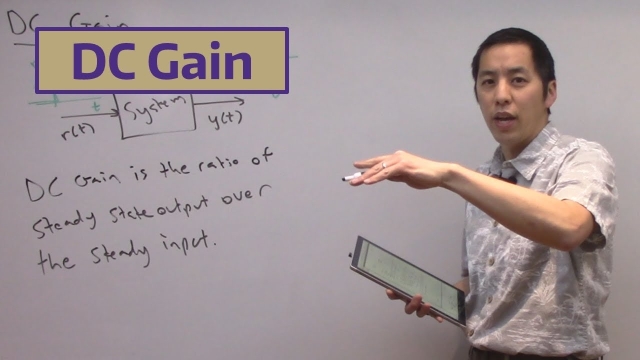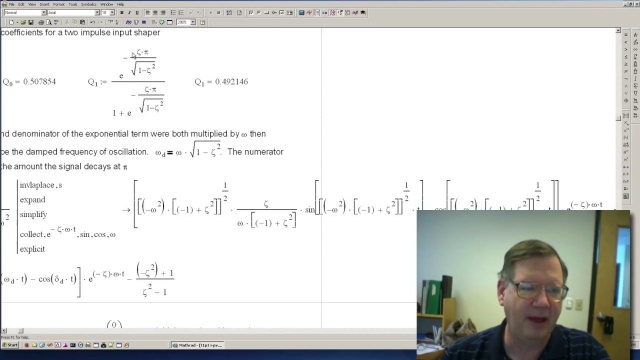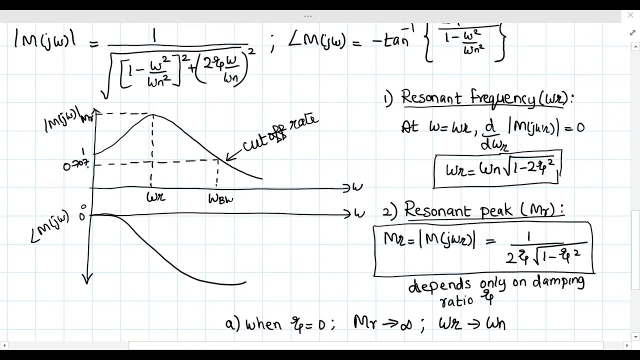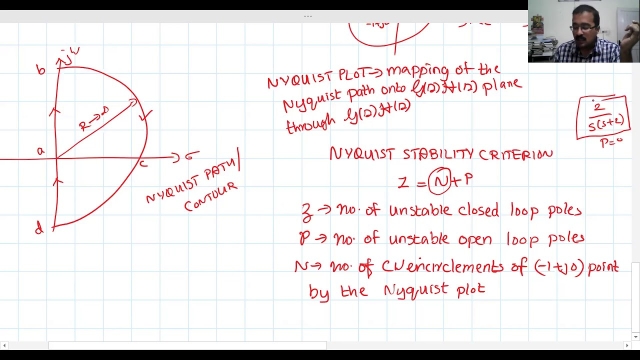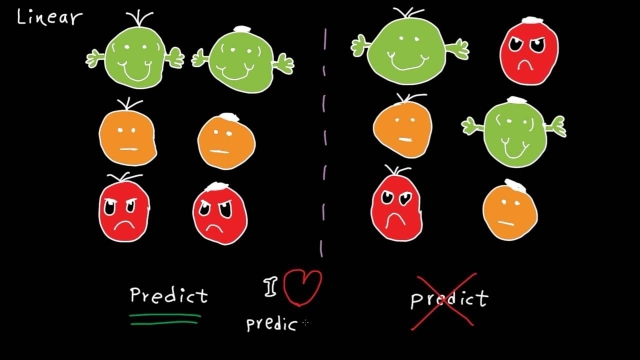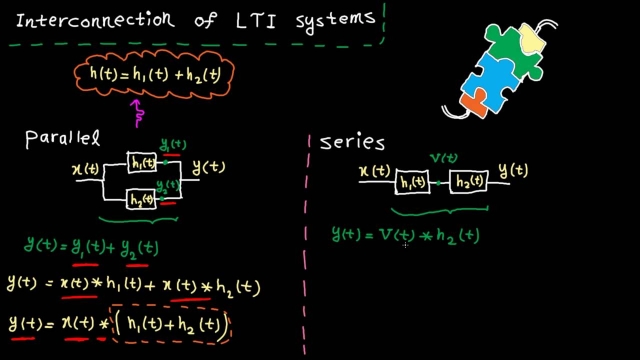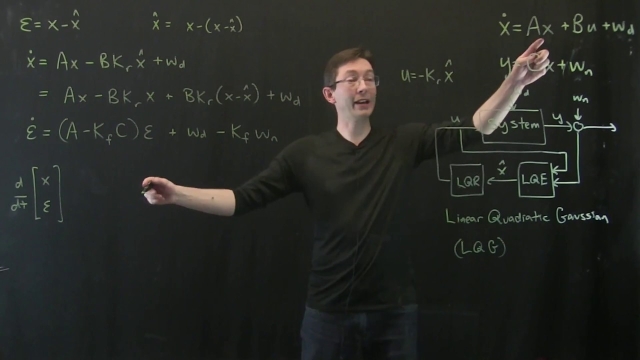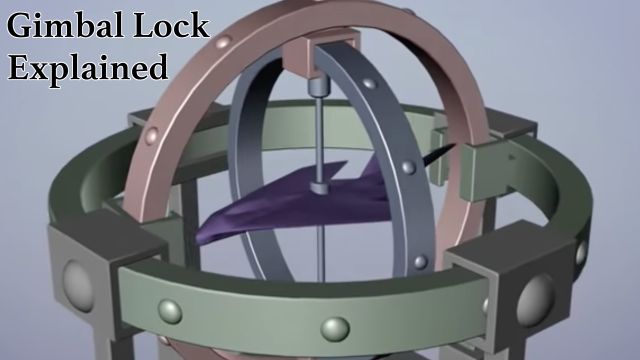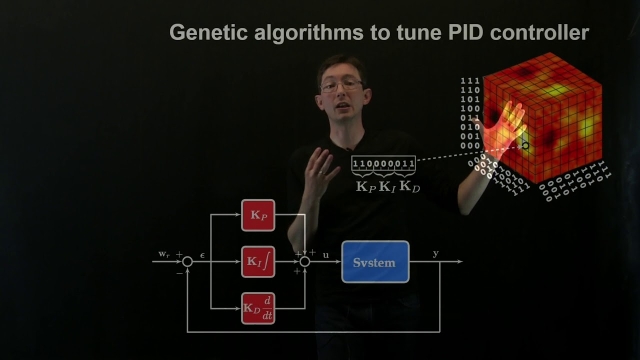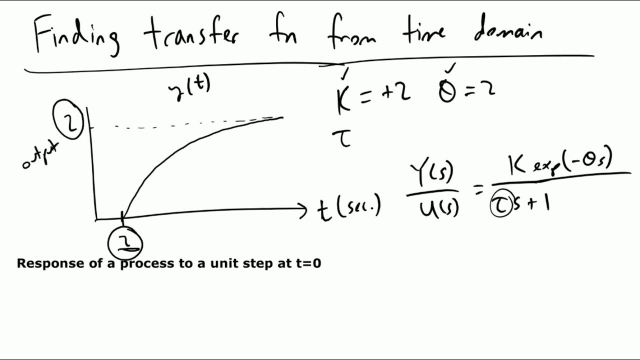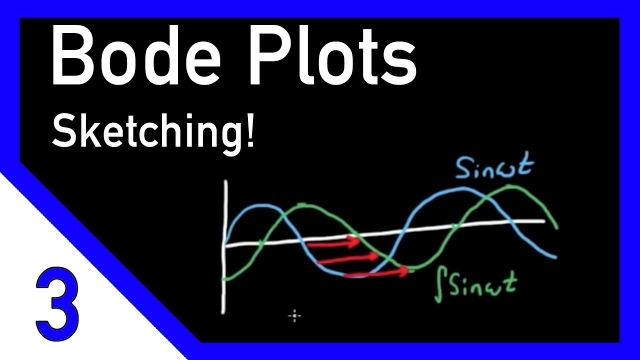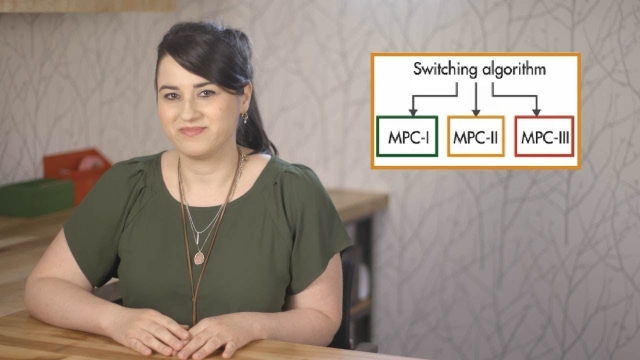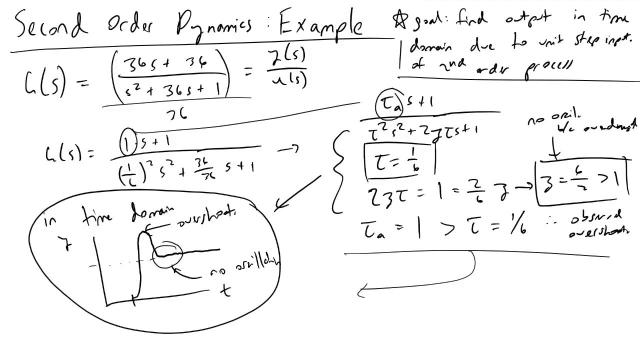
Feedback Control and Block Diagram Introduction
How do engineers begin to design controllers to respond to disturbances and maintain set points? In this example, I'll discuss how we can design a controller...
See MoreInternal Model Control IMC Introduction
Internal Model Control IMC Introduction
See MoreControllability and the PBH Test [Control Bootcamp]
This video describes the PBH test for controllability and describes some of the implications for good choices of "B".
See MoreFirst Order Dynamics in Process Control
An overview on the identification and behavior of first order dynamics in process control.
See MoreNumerically Linearizing a Dynamic System
In this video we show how to linearize a dynamic system using numerical techniques. In other words, the linearization process does not require an analytical...
See MoreFourier Analysis: Overview
This video presents an overview of the Fourier Transform, which is one of the most important transformations in all of mathematical physics and engineering. This series will introduce the...
See MoreThe Laplace Transform
In this video we show how to perform the Laplace transform on a signal in the time domain to obtain its equivalent representation in the Laplace domain. Top...
See MoreLecture 11: Transient Response and Numerical Problems
The Root Locus Method - Introduction
This Root Locus method is a fantastic way of visualizing how the poles of a system move through the S-plane when a single system parameter is varied from 0 to infinity. I show how to...
See MorePeter Ponders PID - InputShaping
Lecture 22: Frequency domain specifications for Second order system
Lecture 26: Stability examples, GM and PM using Nyquist Stability Criterion
Time domain - tutorial 7: system properties
In this video, we cover system properties. The concept of memoryless, causal, stable, invertible, time-invariant and linear systems is intuitively explained...
See MoreLecture 14: Routh Hurwitz Criterion
Time domain - tutorial 10: interconnection of LTI systems
In this video, we learn how to connect LTI systems to make a bigger system. The learning objectives are to:1) get familiar with parallel and series intercon...
See MoreControl Bootcamp: Linear Quadratic Gaussian (LQG)
This lecture combines the optimal full-state feedback (e.g., LQR) with the optimal full-state estimator (e.g., LQE or Kalman Filter) to obtain the sensor-based linear quadratic Gaussian (LQG...
See MoreEuler (Gimbal Lock) Explained
In this video we explore Euler Rotations, the most common method for orienting objects in 3d. It's by-product "gimbal lock" can cause headaches for animators because the animated motion can...
See MoreOverview of Dempster-Shafer Theory (Evidence Theory)
This is an overview of Dempster-Shafer Theory (Evidence Theory) that provides an introduction, definition, basic information about combination rules, some issues with the theory, and the...
See MoreMachine Learning Control: Genetic Algorithms
This lecture provides an overview of genetic algorithms, which can be used to tune the parameters of a control law.
See MoreFinding Transfer Functions from Response Graphs
Given a system response to a unit step change, in this video I'll cover how we can derive the transfer function so we can predict how our system will respond...
See MoreBode Plots by Hand: Poles and Zeros at the Origin
This is a continuation of the Control Systems Lectures. This video describes the benefit of being able to approximate a Bode plot by hand and explains what a Bode plot looks like for a...
See MoreUnderstanding Model Predictive Control, Part 4: Adaptive, Gain-Scheduled and...
This video explains the type of MPC controller you can use based on your plant model, constraints, and cost function. An optimization problem with these properties is a convex one, and you...
See MoreSecond Order Dynamics Example
How will a second order process respond in the time domain when subjected to a unit step input? What other behaviors can we expect to see and why? Tune in to...
See MoreFuzzy Logic, Part 3: Design and Applications of a Fuzzy Logic Controller
This video walks you through the process of designing a fuzzy inference system that can balance a pole on a cart. You can design a fuzzy logic controller using just experience and intuition...
See More
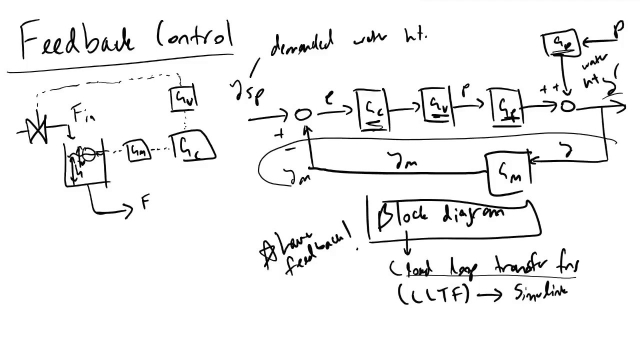
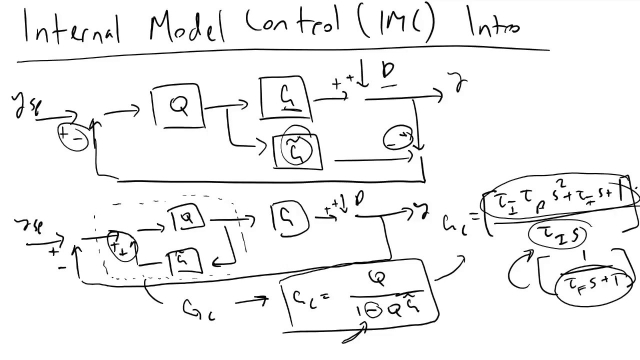
![Controllability and the PBH Test [Control Bootcamp]](/sites/default/files/styles/search_resulkts/public/2020-12/maxresdefault_303.jpg?itok=Q45x3uZ4)
